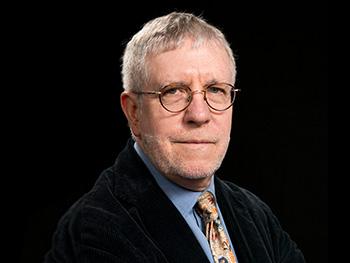
Center for Employment and Disability Research
Closing the Employment Gap
Although the majority of people with disabilities are striving to work, many lack the opportunity to contribute their talents in the workforce. The Center seeks new ways to expand employment for individuals with disabilities, including veterans, through collaborative research with national surveys, medical rehabilitation centers, universities, and vocational services.
Center Leadership
Center Leadership

Offering a Free Continuing Education Certificate on 'Inclusion' for HR Professionals
A free certificate program, “Employing Abilities at Work,” prepares human resource professionals and others to confidently attract, hire, and retain people with disabilities successfully in the workplace. According to CDC data, more than one in four (26 percent) of the U.S. population identifies with a disability, which includes a large, unrealized pool of candidates with considerable skills and strengths. This new training tool can effect change and growth in companies looking to diversify their workforce. Kessler Foundation provided an initial grant to help launch this effort in 2022 by SHRM Foundation, the philanthropic arm of the Society for Human Resource Management (SHRM).
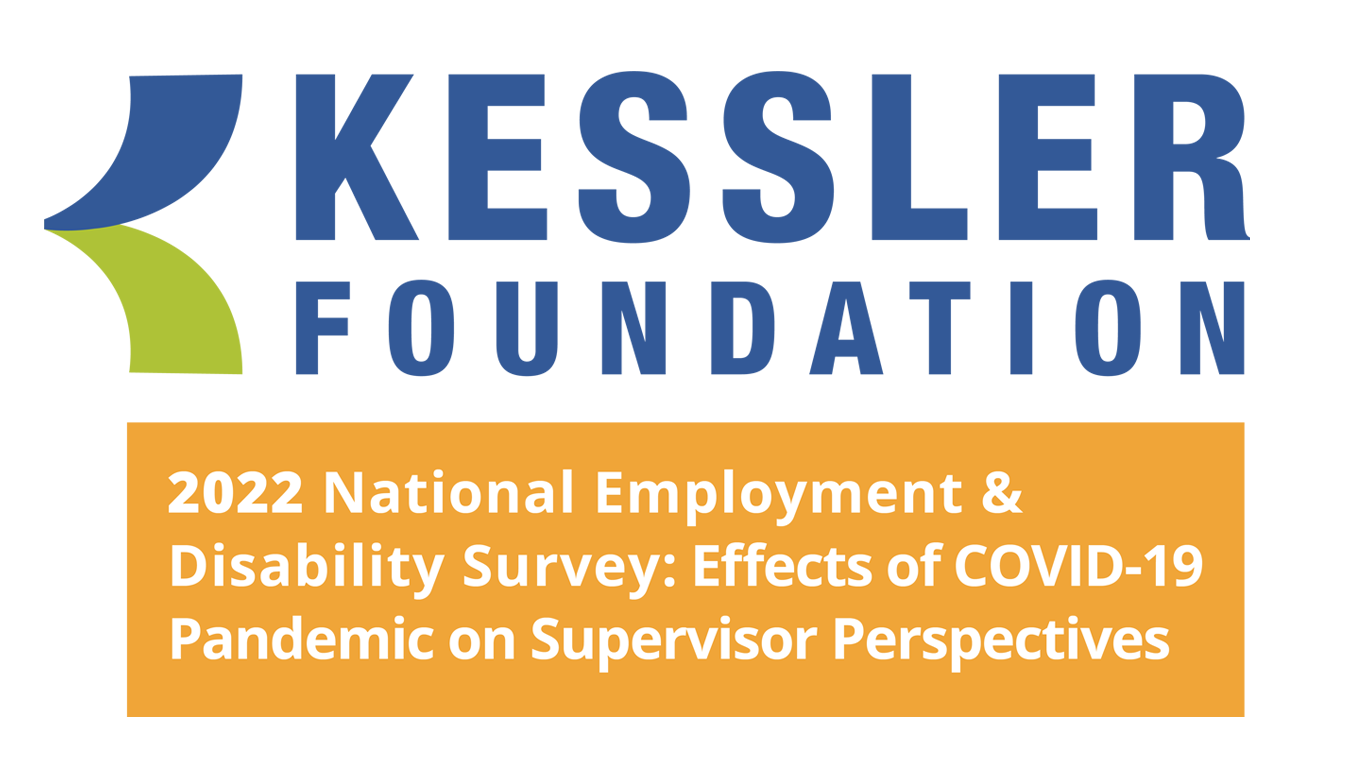
2022 National Employment & Disability Survey: Effects of COVID-19 Pandemic on Supervisor Perspectives
The findings from the 2022 Kessler Foundation National Employment and Disability Survey: Supervisor Perspectives share firsthand knowledge of the profound effects the COVID-19 pandemic has had on workplace processes, procedures, and the ways employers recruit, hire, train, and retain people with disabilities in the workforce. The data also compare the perspectives of supervisors today with those of their counterparts surveyed in 2017. Read the fourth in a groundbreaking series of surveys aimed at getting detailed information on ways people with disabilities achieve inclusion in workplace.
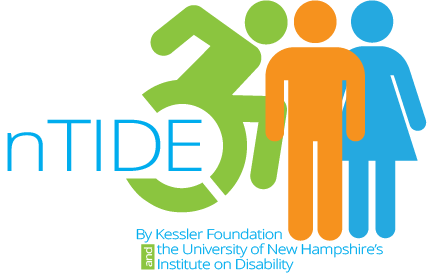
Monitoring the Disability Employment Gap
Kessler Foundation, in collaboration with the University of New Hampshire Institute on Disability, issues customized, semi-monthly reports titled “National Trends in Disability Employment (nTIDE),” the only reports of this kind. nTIDE is based on the monthly jobs report issued on the first Friday of every month by the U.S. Bureau of Labor Statistics. nTIDE compares the economic indicators of employment for people with and without disabilities. In conjunction with each nTIDE report, experts host a 12:00 PM – 1:00 PM (ET) Lunch & Learn Webinar featuring in-depth analyses, guest speakers, and news updates.
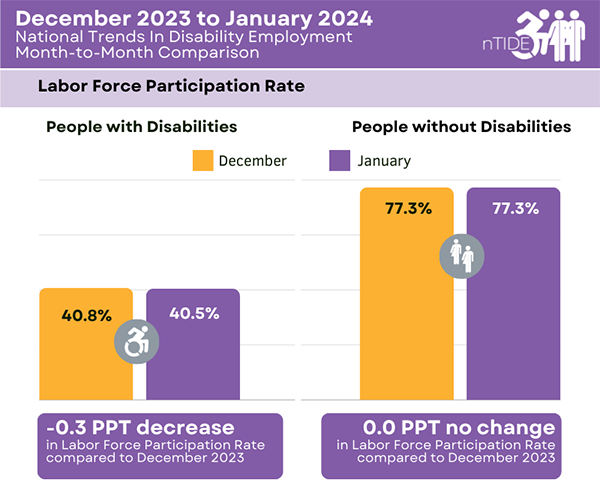
nTIDE January 2024 Jobs Report: Despite Minor Shifts, Employment for People with Disabilities Remains Near Historic Highs
National Trends in Disability Employment (nTIDE) – Issued semi-monthly by Kessler Foundation and the University of New Hampshire
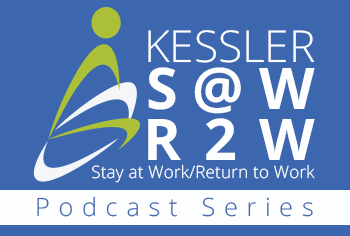
Maintaining Employment after Spinal Cord Injury
A successful, pilot-tested narrative and guide concerning a “Vocational Resource Facilitation Model within Spinal Cord Injury Rehabilitation” is now available to help patients return to work after spinal cord injury. The guide was authored by two Kessler Foundation directors and a Kessler Institute for Rehabilitation certified Spinal Cord Injury Vocational Resource Facilitator. A key element to the project’s success is a dedicated facilitator who intervenes early during the inpatient rehabilitation stay and continues to provide support after discharge. You can hear inspirational stories of individuals with spinal cord injury who have participated in the Vocational Resource Facilitation Program and successfully returned to work.
Access the Free Narrative and Guide
More Groundbreaking Surveys Establish New Directions for Inclusion
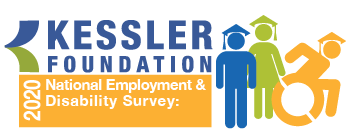
2020 Kessler Foundation National Employment and Disability Survey: Recent College Graduates
The 2020 Kessler Foundation National Employment and Disability Survey: Recent College Graduates reports on the experiences of the first “ADA Generation” in the workplace. It provides the inside story, comparing the college experiences and work lives of graduates with and without disabilities. The survey also identifies disparities in career choices and employment outcomes that need the attention of educators, advocates, researchers, and policymakers.
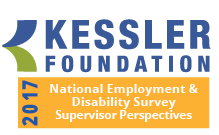
2017 Kessler Foundation National Employment & Disability Survey: Supervisor Perspectives
The 2017 Kessler Foundation National Employment and Disability Survey: Supervisor Perspectives was the first survey of workplace practices from the perspective of supervisors of employees with and without disabilities. Researchers learned about the effectiveness of approaches used by employers to recruit, hire, train, and retain people with disabilities. The findings offer insight into how effective these processes and practices are for all employees.
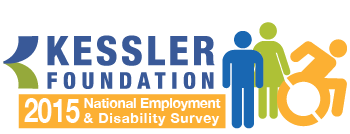
2015 Kessler Foundation National Employment and Disability Survey
Continuing to develop effective employment strategies means understanding the realities of the workplace. The 2015 Kessler Foundation National Employment and Disability Survey identifies strategies that Americans with disabilities use to search for work and navigate barriers, accommodations that are helpful to obtain and maintain employment, and factors that contribute to unemployment. These findings have helped reframe the traditional dialog about disability and employment.
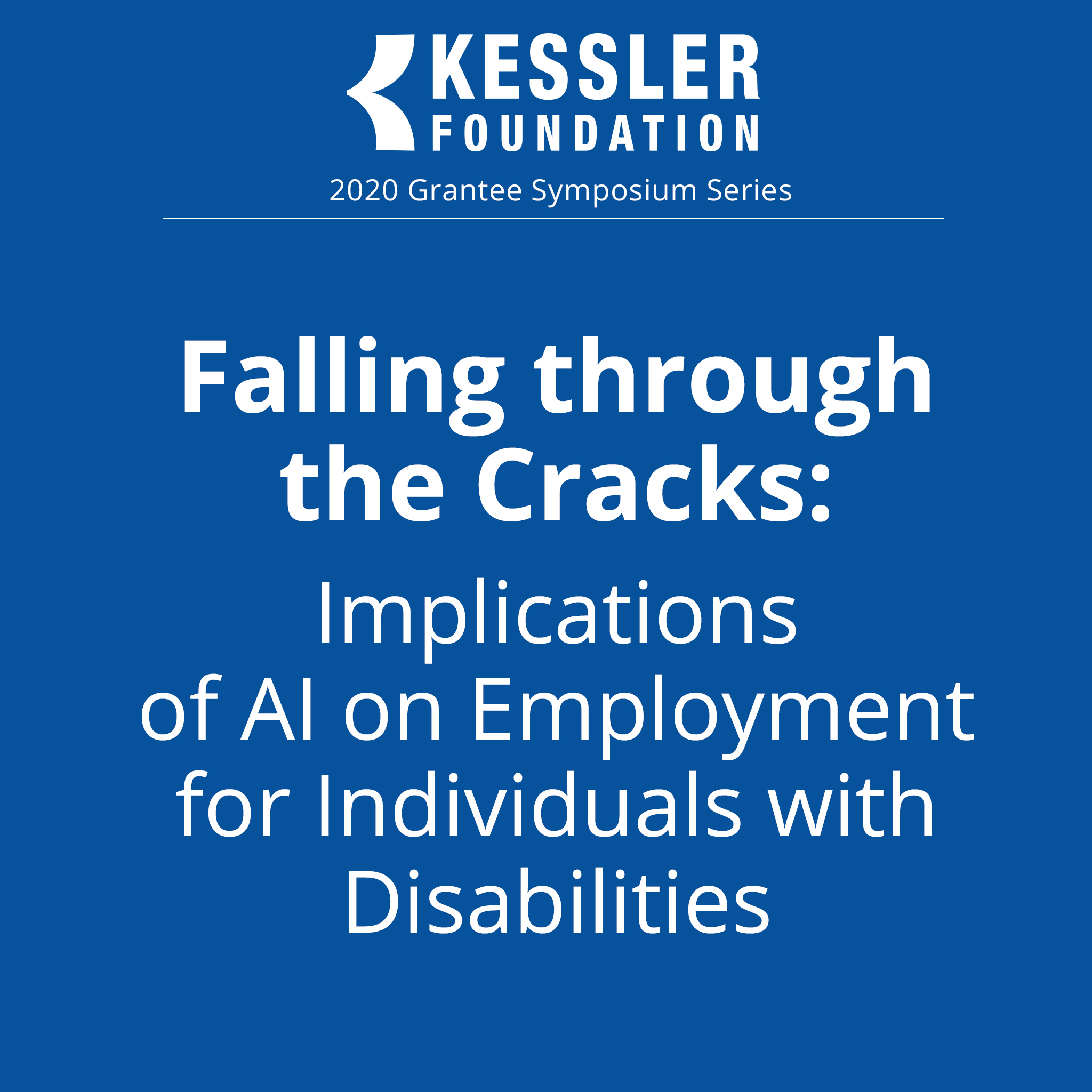
Falling through the Cracks: Implications of Artificial Intelligence on Employment for Individuals with Disabilities
The 2020 Kessler Foundation Virtual Grantee Symposium educated attendees on how employers use artificial intelligence (AI) in the hiring process to streamline resume screening, interviewing candidates, and onboarding new hires. Increasingly, this machine-learning process is reshaping the world of work. Disability professionals working in job search, placement, and support need to understand how disability is defined within the context of AI and the perils of bias in these systems.
Multimedia

Thanks to You, Eliza Finds Employment
Through NYC: ATWORK, a program funded by Kessler Foundation and donors like you, Eliza Cooper connected to a network of employers who recognized her value. She chose a position at a government agency evaluating the effectiveness of civil service exams for hiring and promoting—a job well aligned with her education and skills.
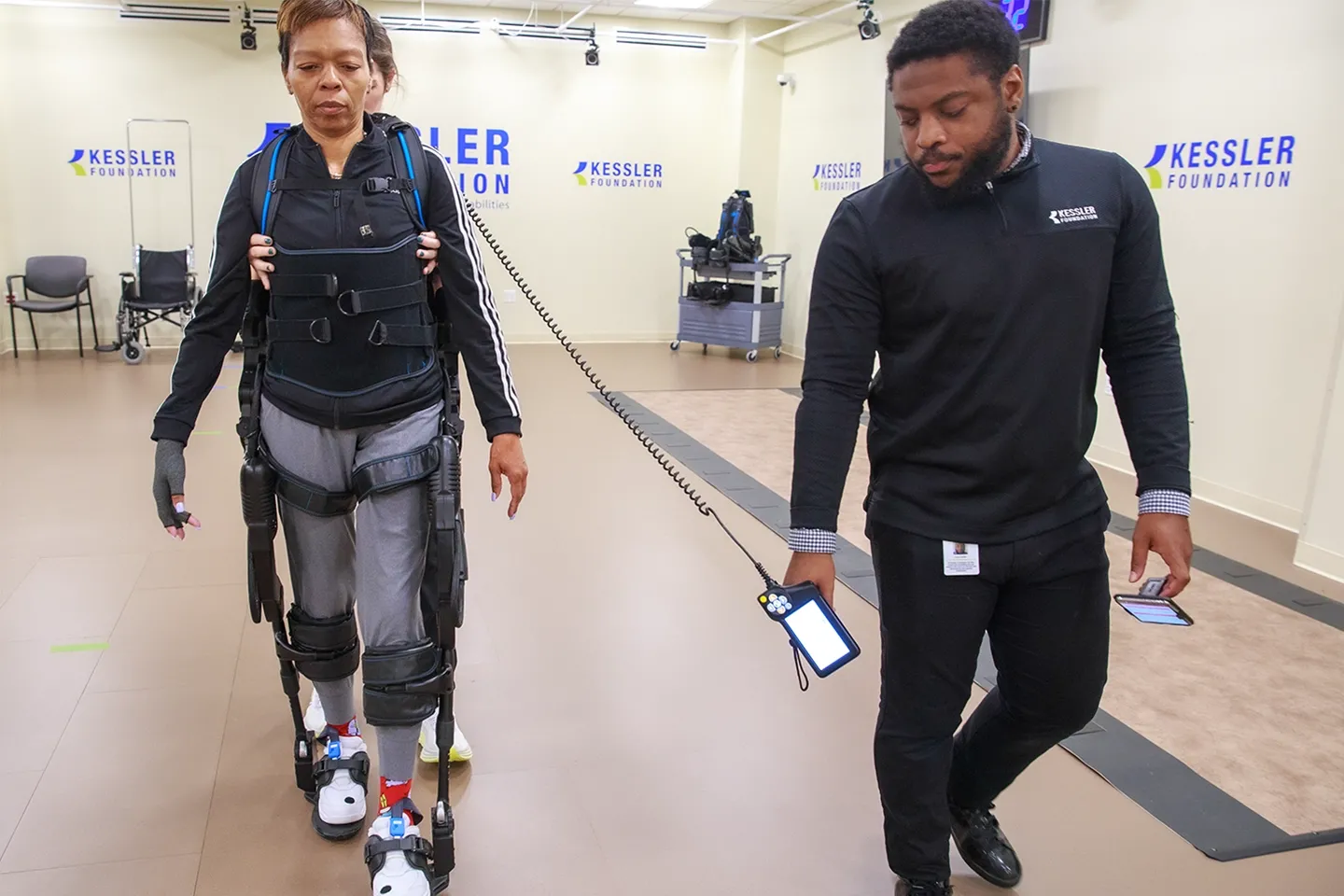
Join a Research Study Today
